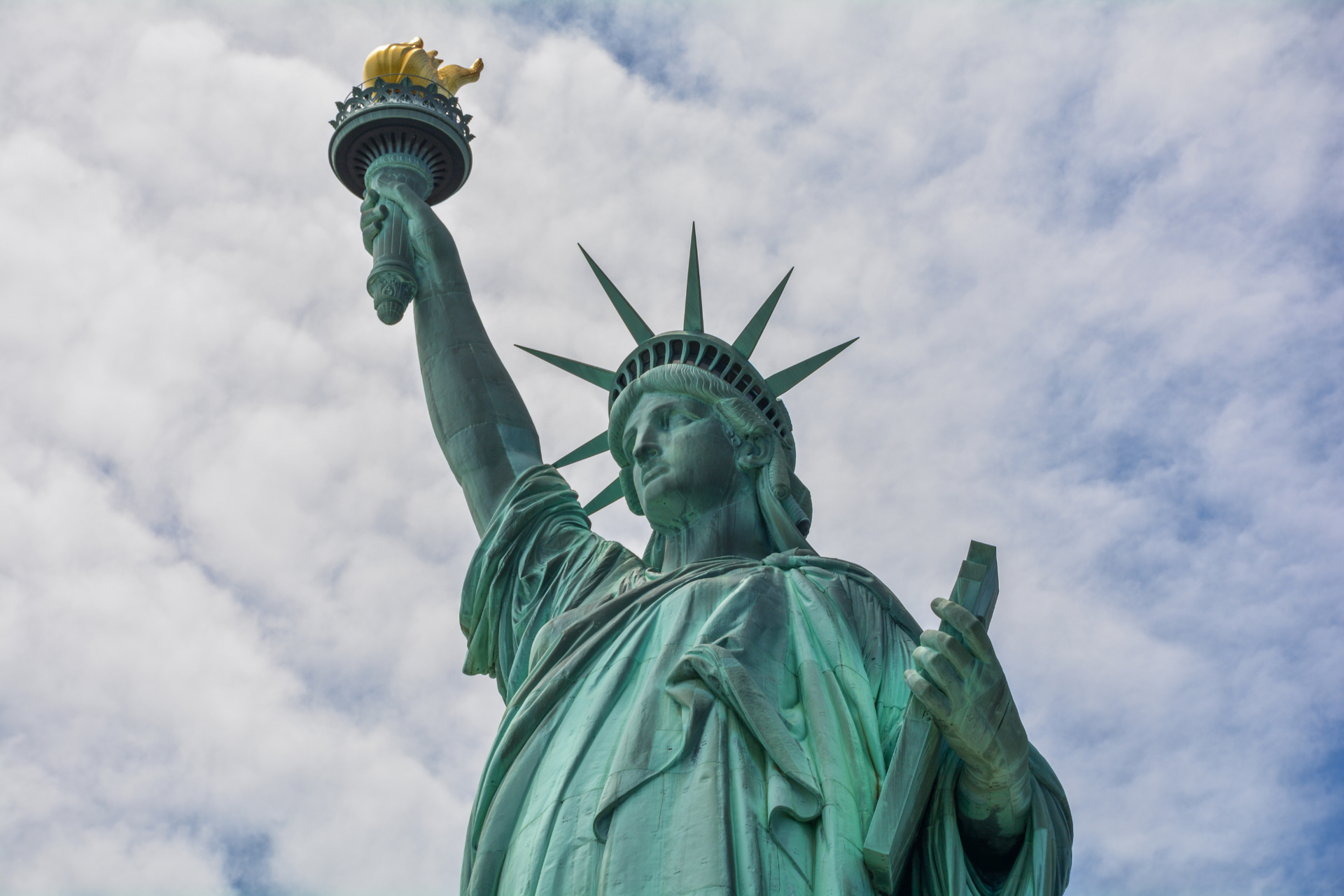In a Boston Globe opinion piece published today and reprinted below, a political commentator who was born in Puerto Rico but lives in Massachusetts notes the lack of national government democracy in the U.S. territory and its poorer Federal treatment than the States. His solution is a statehood vs. independence plebiscite.
In the thoughtful op-ed, the writer states that, “Political parties and allegiances on the island are determined by four options: the status quo; a state that aligns itself with the United States; full inclusion as the 51st state of the union; and independence.” With respect to this statement, teachers should note that:
* Puerto Rico’s “commonwealth”party platform does not advocate the status quo as a first choice but a second. It, instead, prefers, a new “commonwealth status,” which Federal officials have rejected as impossible. The “commonwealth” party, which controls Puerto Rico’s territorial government, would reject a statehood vs. independence choice.
* In writing about the option of “a state that aligns itself with the U.S.,” the author means nationhood in a non-binding association with the U.S. — much like the associations that three former territory areas in the Pacific that are now sovereign nations have with the U.S. This is statehood in the international sense — i.e., nationhood — not statehood in the U.S. sense.
Regarding President Obama’s call for another status vote in Puerto Rico, the President has not specified the options for his proposed plebiscite. He would leave that to be worked out between Puerto Rico’s tripartisan elections commission and the U.S. Justice Department.
Free Puerto Rico from political limbo
By Julio Ricardo Varela
July 20, 2013
July 25 marks the 115th anniversary of the US invasion of Puerto Rico, which led to the end of the Spanish-American War a few weeks later. While two of the war’s spoils, Cuba and the Philippines, eventually became independent nations, Puerto Rico experienced a more complex and convoluted relationship with the United States that has yet to be fully resolved.
Make no mistake, Puerto Rico is one of the world’s last colonies, the stark reminder of an outdated US manifest destiny policy that no longer applies to the political realities of the 21st century. Although officially listed as a commonwealth, Puerto Rico’s territorial status is still colonial in nature. It is not a commonwealth, not a state, not an independent nation. It is an island in perpetual political limbo.
Even though any Puerto Rican born on the island since 1917 is a natural born US citizen, the 4 million Puerto Ricans who live there, as well as the 4 million who live on the mainland, are treated as second-class citizens.
Yes, Puerto Ricans living on the mainland can vote in federal elections. Yet those same Puerto Ricans, if they choose to live on the island, cannot. Ironically, the US Supreme Court now has a Puerto Rican on the bench, but millions who come from the same island of Justice Sonia Sotomayor’s family do not have voting representation in Congress. Nonetheless, these same Puerto Ricans proudly fight in the US armed forces. They pay taxes, mostly Social Security and Medicare, and if they are federal employees or earn income from the mainland, federal taxes, too.
The quest for political identity and self-determination has dragged out for decades. Political parties and allegiances on the island are determined by four options: the status quo; a state that aligns itself with the United States; full inclusion as the 51st state of the union; and independence. Last November, a nonbinding plebiscite determined that 54 percent of Puerto Ricans no longer favor the status quo, and that close to 63 percent favored statehood, if given the choice.
The anti-statehooders argue that the vote did not fully reflect the true will of the island because many of the 500,000 voters left their status preference blank in protest. The statehooders counter by saying that the anti-statehooders are negating the vote. Then President Obama comes in and calls for yet another nonbinding vote with four convoluted status options. It gets more and more complicated.
Nonetheless, the November results inspired Puerto Rico’s Resident Commissioner Pedro Pierluisi, the island’s nonvoting member of Congress and a pro-statehood leader, to submit a Puerto Rican Statehood Bill to Congress. A congressional hearing will be held on Aug. 1.
The push for statehood, however, will not likely gain momentum because the island’s governor, Alejandro García Padilla, favors the status quo and recently said that Puerto Rico would be a “Latin American ghetto” if it becomes the 51st state. Furthermore, in a Congress that is more worried about building fences around the country’s southern border, the prospects of a bilingual, bicultural Latino state are slim.
Where does this leave Puerto Rico? Stuck in the same spinning wheel it has been experiencing ever since American troops landed in Guanica 115 years ago.
Puerto Rican leaders like Pierluisi and García Padilla continue to push their respective status options instead of uniting as Puerto Ricans and demanding that the United States finally shed its colonial past.
The island does not need any more nonbinding plebiscites. It doesn’t need statehood bills that have little chance of passing in Congress. It needs leaders who realize that the political status game must disappear.
There is really only one solution. Puerto Ricans from both the island and the mainland should call for one more binding vote with two choices: statehood or independence. The United States must honor the results. That is the only way for Puerto Rico to settle its colonial past.
Julio Ricardo Varela, who was born and raised in Puerto Rico, lives in Milton. He is founder of LatinoRebels.com.


